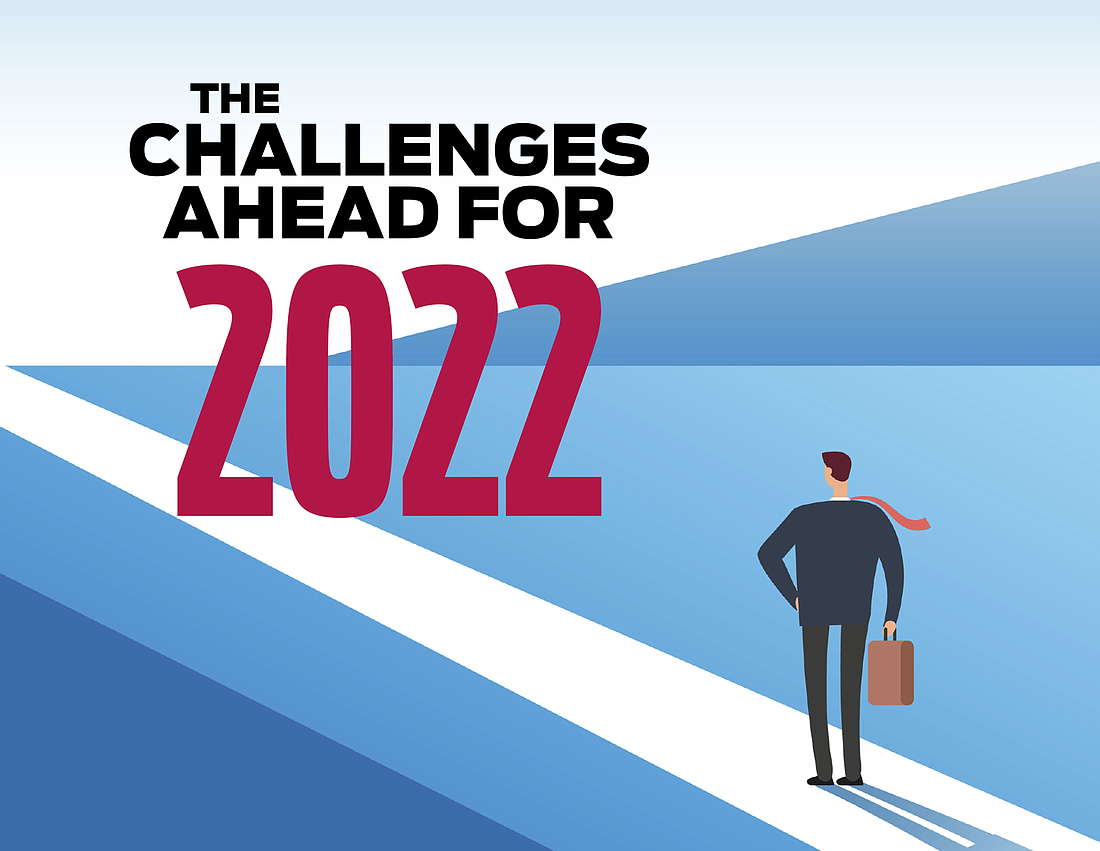
It took 19 months, but employment at Jacksonville area businesses finally recovered to its pre-pandemic level in September.
While COVID-19 remains a threat to the economy, the outlook for 2022 is brighter for Northeast Florida.
“Jacksonville’s recovery is on the fast track,” said PNC Bank Senior Economist Abbey Omodunbi.
“Nonfarm payroll employment is just over 1% above the pre-crisis level compared to Florida, which is 1.9% below, and the U.S. which is 2.8% below,” he said.
Employers in the Jacksonville metropolitan area of Baker, Clay, Duval, Nassau and St. Johns counties reported 741,000 nonfarm jobs on their payrolls in October, compared with a pre-pandemic peak of 732,000 in February 2020.
The business sector hardest hit by the pandemic, leisure and hospitality, has still not caught up. October jobs are 7,900 below the February 2020 level of 86,100.
However, a couple of key industries for the region are growing.
Financial activities businesses had 4,500 more jobs in October than in February 2020 and construction was 5,300 higher.
Strong demand for housing should continue to drive growth in the construction industry.
The median price of single-family homes in Northeast Florida was $339,000 in October, an 18.9% increase from October 2020, according to the Northeast Florida Association of Realtors.
“The historic market that we saw earlier this year, with double digit offers on almost every sale and more than 100% of the homes receiving offers of at least the asking price or more, has calmed just a bit, more from buyer fatigue and increasing prices,” NEFAR President Missi Howell said in a news release.
“However, we are far from seeing this market end. In October, we had barely a month’s inventory available for buyers, and this challenge does not appear to have any hope of waning,” she said.
Construction industry growth could be constrained by supply chain disruptions and other issues, Omodunbi said. That’s likely to continue sending home prices higher.
“The demand-supply imbalance will continue well into 2022 and it will be a seller’s market for the next couple of years,” he said.
However, Omodunbi expects supply-chain issues to ease for other consumer expenditures.
“Consumer spending, which accounts for more than two-thirds of U.S. economic activity, will power the U.S. economy through the rest of this year and in 2022,” he said.
Omodunbi expects Jacksonville’s economy to continue growing.
“Jacksonville’s diverse economic base puts it in a great position to be a strong performer in the next year,” he said.
“Additionally, solid population growth will support the economy in the long term.”